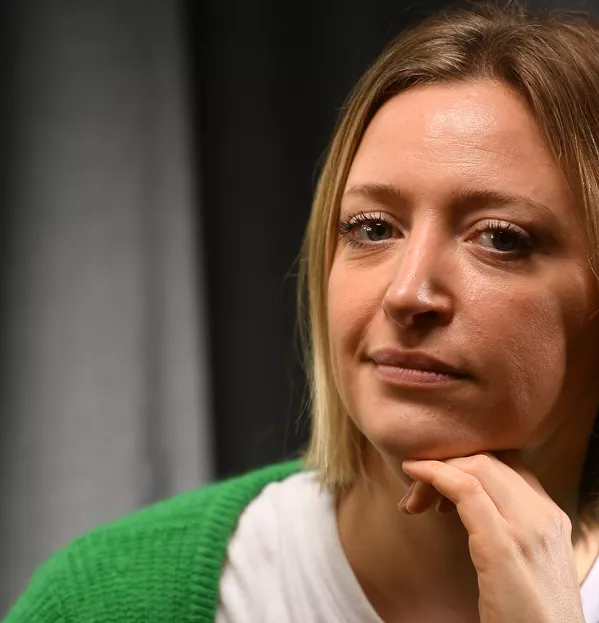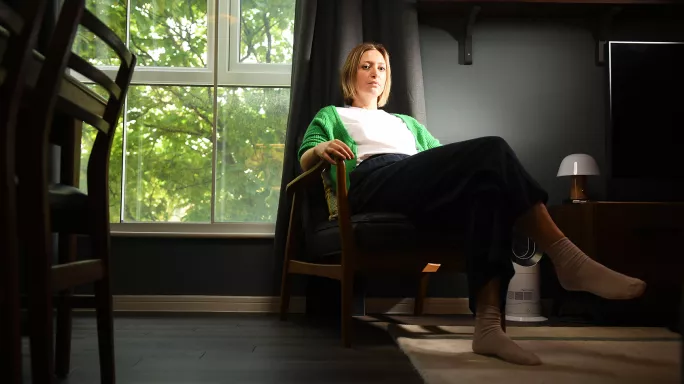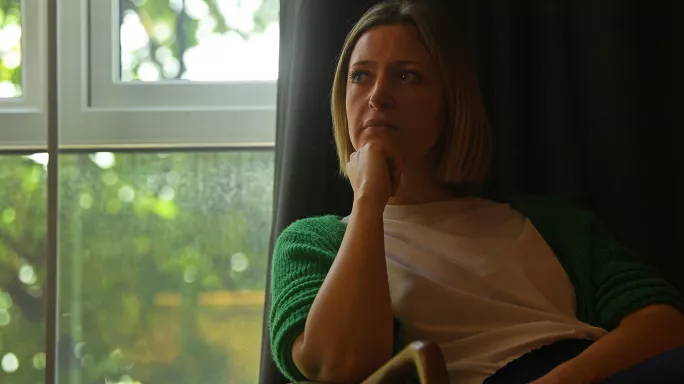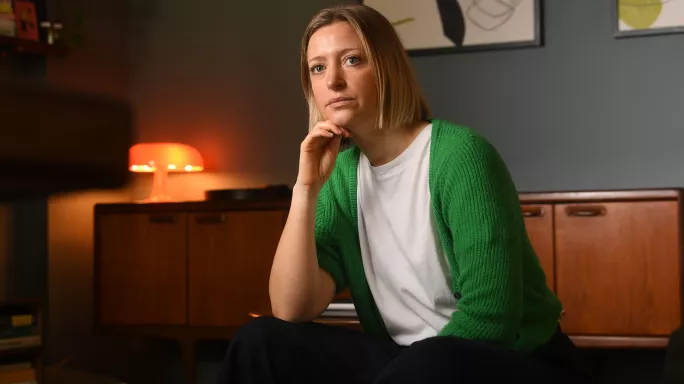- Home
- Teaching & Learning
- General
- Pupil mental health: what works in schools - and what doesn’t
Pupil mental health: what works in schools - and what doesn’t

Most people believe there is a mental health crisis among young people. Parents, teachers, clinicians and politicians will tell you it’s down to a range of causes: social media, poor health services, social isolation, post-pandemic re-adjustment, physical health challenges, curriculum and pedagogy, and more.
The statistics we have do suggest there is a significant issue: a recent NHS survey found that one in five children and young people in England aged eight to 25 had a “probable mental disorder”, such as depression or anxiety.
Amid this groundswell of concern, schools are coming under increasing pressure to be part of the solution. The boom in initiatives such as whole-class mindfulness lessons or workshops rooted in cognitive behavioural therapy (CBT) is evidence of this.
But to what extent do these well-meaning interventions and awareness-raising sessions - offered to large groups of pupils - actually work? And could they even be harmful to some pupils?
This is a question that Dr Lucy Foulkes has been trying to answer as part of her work looking at how young people’s perception of their mental health can be affected by the way we talk to them about it.
As a Prudence Trust research fellow in the Department of Experimental Psychology at the University of Oxford, Dr Foulkes is looking at how some school-based mental health interventions may increase the likelihood of young people reporting symptoms, and even inadvertently worsen existing symptoms for some.
Here, she discusses this issue and the research happening around it.
Mental health interventions in schools are not new. Do we know how far back teachers started to be tasked with a role typically in the domain of health services - and why?
School-based mental health interventions have been around a lot longer than you might think - as early as the 1960s. But, the more recent flood of interest in these interventions has probably happened over the past 10 years.
The government’s 2017 green paper, which emphasised the need to make use of schools to help the NHS tackle mental health problems, was probably a key turning point.

This was a response to try and manage increasing rates of reported mental health problems in young people and it’s very logical to make use of school as a context to do that: it’s where young people spend their time, and it’s cheaper and fairer than getting them to go to a clinic.
The broad idea is that initiatives could be preventative, teaching young people skills or giving them information that would mean they would be less likely to develop problems in the first place, or act as treatments for young people who already had elevated symptoms.
How have you seen schools react to this responsibility?
I think schools are responding to a massive shift in how young people and their parents talk about mental health, and staff are very worried about what they’re seeing in school. So, understandably, schools really want to do something to try and help. But they’re all working with a limited budget.
I think there has been this industry that’s cropped up to try and meet the demand, and schools want to be seen to do something. That’s not a criticism of schools. They’re under a huge amount of pressure to respond to this transformation that they’re witnessing.
Has this pressure led to interventions that you find concerning?
In my research, I’ve been most focused on interventions that borrow techniques from CBT and mindfulness-based therapies.
Both of these were originally designed to be delivered one to one. I’m particularly concerned about universal school interventions where the information is delivered to everyone in large groups.
Essentially, the basic principles from these one-to-one therapies are adapted with the idea that you teach people to be aware of their mental health and what mental health problems are, and then you give them some coping techniques to implement if they’re having difficulties.
For example, with CBT-based interventions, you might ask children to conduct behavioural experiments, such as challenging them to do something they are anxious about or restructuring their way of thinking about things. With mindfulness, you are asked to change your relationship with your thoughts, viewing them as passing on a train or cloud, for example.
I’ve become interested in, and concerned about, whether teaching those things to at least some young people might not be helpful and could actually be problematic.
What research has already been done to suggest there may be issues with some universal mental health interventions in schools?
There are a number of good-quality studies, but the most well-known is the MYRIAD study of mindfulness in schools, involving more than 28,000 children, 650 teachers and 100 schools.
This study found that children who took part in a group mindfulness intervention in school had higher self-reported symptoms of hyperactivity and inattention both soon afterwards and one year later. They also had higher self-reported panic disorder symptoms and obsessive-compulsive scores soon afterwards, and higher teacher-reported emotional symptoms, although these effects were small.
The study didn’t find any evidence that the mindfulness sessions were any better in terms of mental health and wellbeing than the usual social-emotional learning provision, and they weren’t more cost-effective.
There was also more evidence showing that young people with higher baseline mental health symptoms reported small increases in depressive symptoms and small decreases in wellbeing after the intervention, compared to those who didn’t do it.

Another paper looking at CBT intervention in school found a small but significant increase in pupils reporting depression and anxiety symptoms six and 12 months later.
Meanwhile, a University of Sydney study on a dialectical-based therapy (DBT) programme - a form of psychotherapy that focuses on emotional regulation and skills for distress management - found young people reported more symptoms of anxiety and depression and experiencing more conflict with their parents after receiving it, relative to those in the control group.
Does your research look to build on this work?
I’m interested in trying to understand how common it is for young people to get worse rather than better in school interventions, in terms of the symptoms they report. I’m confident that it’s the minority, but I think it’s a big enough minority that we should pay attention to it.
I want to understand how often it happens and who the young people are who are most at risk, so schools can plan for that.
We are analysing existing data to find out which groups of young people are likely to improve with these interventions, which will stay the same and which will get worse.
At this stage, we still don’t understand what predicts which group you end up in.
I’m also starting to do qualitative work where I’m interviewing adolescents about what they find helpful about how their school talks to them about mental health, and how they understand their own symptoms and experiences.
There has already been research in this area and it’s interesting - because some of them say they find it helpful, some find it boring or irrelevant, and others say they find it distressing. I think qualitative work is a really important future direction for understanding the detail of what’s happening.
You are doing some experimental work looking at whether how we communicate with young people about their mental health affects how they feel about it. What can you tell us about that?
The first thing we’re doing is making mock-up social media posts about mental health, and showing different groups of participants different ones. We hope to be able to see if there are any differences in how they report or experience their own symptoms after seeing the posts.
It’s only in the context of a half-hour experiment and quite transitory, but if we could demonstrate a difference, then it would suggest that what’s happening on a societal level - in terms of young people being bombarded with information about their mental health - is affecting the way they understand it.
There’s a lot of content on social media about alerting people to certain symptoms such as “five things you didn’t realise were anxiety” or “five things you didn’t realise were PTSD” and then they describe five quite generic symptoms like biting your nails or being a people pleaser, which are not official symptoms of those problems. So it kind of encourages expanding the number of human phenomena that have been considered to be symptoms of mental health problems.
Researchers have already found that telling people that anxiety is a common problem makes people more likely to say that they might have an anxiety disorder either now or in the future. It’s pretty basic psychology really, if you’re told you’re likely to experience a problem, then you’re more likely to interpret things in that way. But it still hasn’t really been documented yet in the context of mental health awareness.
How can schools take into account your concerns about whole-class interventions that are starting to be backed up by your and others’ research?
I think it’s important for schools to understand the evidence base of the intervention that they’re implementing, and often buying.
Often the companies who design and sell these interventions say they’re “science-backed”, but when you actually look at the detail they’ve only asked a handful of teachers to get their opinions. So it’s good to scrutinise what the available evidence is. If it’s not very clear that there’s good evidence, then that’s probably a bad sign.

It’s a total Wild West in terms of what schools are implementing, through no fault of their own, because they’re being sold these different options and they’re under pressure. But there’s so much happening in schools that no one has even remotely evaluated.
Some academics are starting to turn away from this idea of universal mental health interventions, in which you offer everyone the same thing, and moving more towards targeted support for people who might actually need it.
Schools need to resist the sense that doing something is always better than not doing it. You know, if these interventions make things worse, or even if they’re just a waste of time, you might be better off not running them. This can be difficult given the pressure schools are under.
I don’t think the tide is turning yet, but I think there is starting to be some more scepticism than there was before in schools.
Rather than offering mental health interventions, how could schools change to help improve young people’s mental health?
This is something that I’ve thought about a lot. It’s maybe a bit absurd that we go in right at the end and try teaching young people techniques to cope with their anxiety and low mood.
Maybe we should go further upstream and think about the system that they’re in that is, actually almost by design, just inherently very stressful. We could look at our exam-obsessed educational system and the pressures around that, and the social pressures that exist in schools.
I know that some teenagers themselves feel that it’s sort of nonsensical and hypocritical that their school is teaching them techniques for managing their mental health when it’s the school that’s making them stressed in the first place.
I mean, there are things that can be done at a school level to make it a nicer environment, but I think schools are also up against it because they are still under pressure from the government to perform in certain ways.
Dr Lucy Foulkes is the author of the 2021 book What Mental Illness Really Is… (and What it Isn’t), which questions whether society is really experiencing a new mental health crisis and how we can distinguish between normal reactions to the challenges of modern life and mental illness. Her latest book Coming of Age: How Adolescence Shapes Us is published on July 4.
For the latest research, pedagogy and practical classroom advice delivered directly to your inbox every week, sign up to our Teaching Essentials newsletter
You need a Tes subscription to read this article
Subscribe now to read this article and get other subscriber-only content:
- Unlimited access to all Tes magazine content
- Exclusive subscriber-only stories
- Award-winning email newsletters
Already a subscriber? Log in
You need a subscription to read this article
Subscribe now to read this article and get other subscriber-only content, including:
- Unlimited access to all Tes magazine content
- Exclusive subscriber-only stories
- Award-winning email newsletters
topics in this article



